Every product begins it journey as a crazy idea in someone's head. No wonder sci-fi novels and movies serve as a wellspring for many innovative products. So much so the weird technology seen in movies sometimes inspire scientists to look at the possibility of coming up with real world counterparts.
The technology giants enlist thought leaders and give them a free reign to ideate futuristic devices. Google, Samsung, Sony and Motorola have a few crazy devices, that can shape the future of technology, in the works– at least that's what their patent filings with the U.S. Patent & Trademark Office (USPTO) say.
Also read: Is it a phone? Is it a gun? US cops will have a hard time with this weapon
Here are five weirdest patent filings that can revolutionise the future of technology:
Smartphone Eye Implant: Google filed a patent called "Intra-ocular device" in 2014 in the name of Andrew Jason Conrad, the head of Life Sciences at Google and USPTO published it in 2016.
"An intra-ocular device includes an electronic lens that can be controlled to control the overall optical power of the device. The device can be installed within a flexible polymeric material shaped to conform to the inside surface of a lens capsule of an eye," reads the patent.
If this technology comes true, Google glass will turn obsolete.
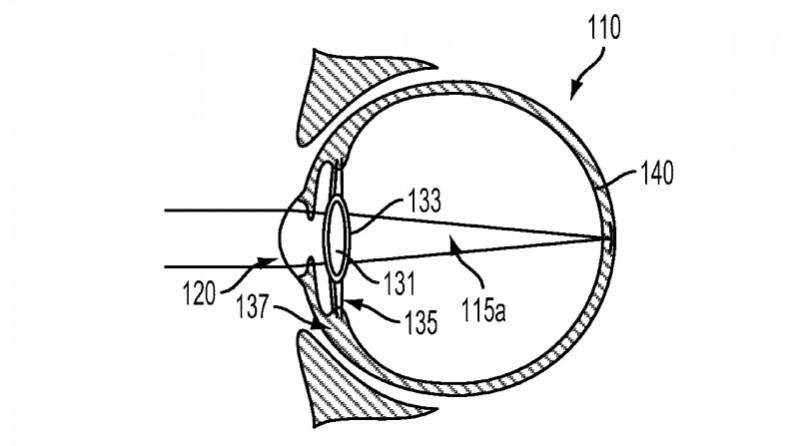
Tattoo microphone (Electronic Skin Tattoo): Motorola Mobility Inc. filed a patent called "Coupling an Electronic Skin Tattoo to a Mobile Communication Device," which in simple term means tattooing a smartphone microphone onto the throat to provide auxiliary voice input to a mobile communication device.
Filed in 2012 and published by USPTO in 2013, the patent is about tattooing a microphone with a transceiver and power supply onto the throat to enable wireless communication. If implemented, this technology will solve the issue of background noise while talking on phone once and for all.
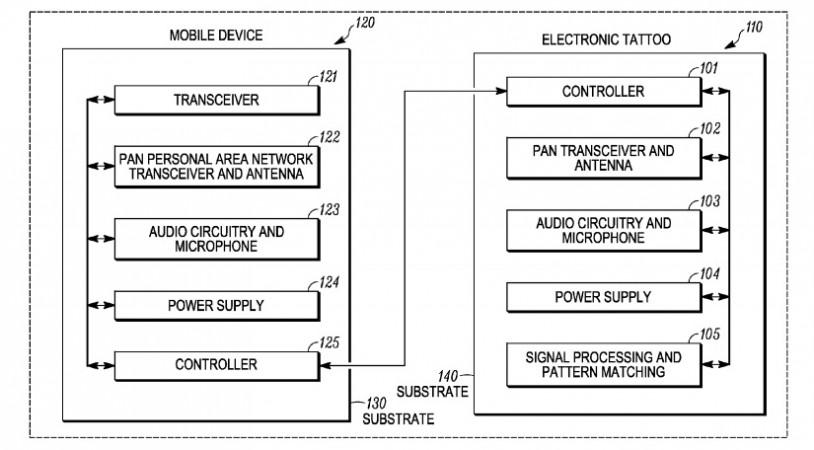
Cars with adhesive front: USPTO published Google's patent called "Adhesive vehicle front end for mitigation of secondary pedestrian impact" in 2016, two years after it was filed.
"Ideally, the adhesive coating on the front portion of the vehicle may be activated on contact and will be able to adhere to the pedestrian nearly instantaneously. Both the vehicle and pedestrian may come to a more gradual stop than if the pedestrian bounces off the vehicle," read the patent description.
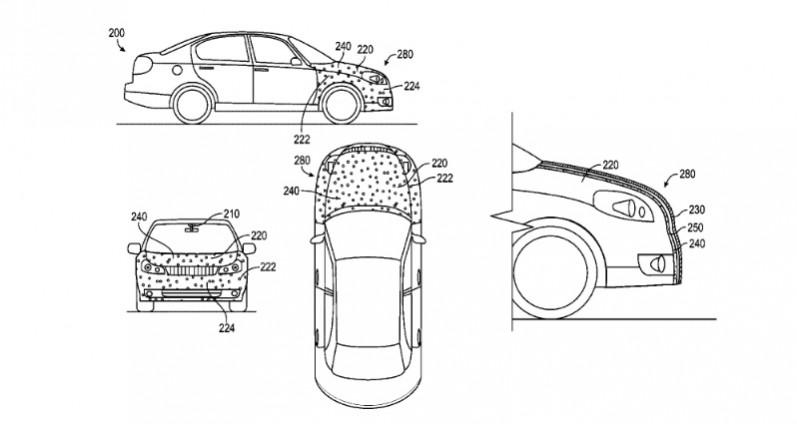
Wearable Robot Legs: Samsung filed a patent titled "Wearable robot for assisting muscular strength of lower extremity" in 2009 and USPTO has published it recently. It is a human wearable robot technology that power you up.
Such wearable robots have been developed to assist the muscular strength of degenerative muscular disease patients or the elderly, but hasn't been used for work sites. A little assistance from an external source like a robot could make a normal person have the strength of a superhuman.
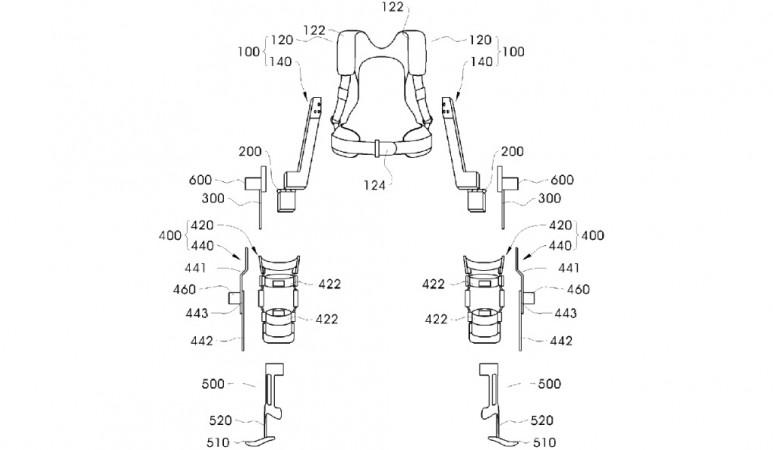
SmartWig: Patented in 2013 by Japanese technology giant Sony, the patent called "Wearable computing device" aka SmartWig will have at least a sensor to provide input data, the control unit to process the data and the communication interface to communicate with the second computing device. When linked to other devices like smartphone, smartwatches etc, the SmartWig is supposed to alert the users with vibration or other signals when they get a phone call or message. It may even indicate directions and come with in-built audio functions.
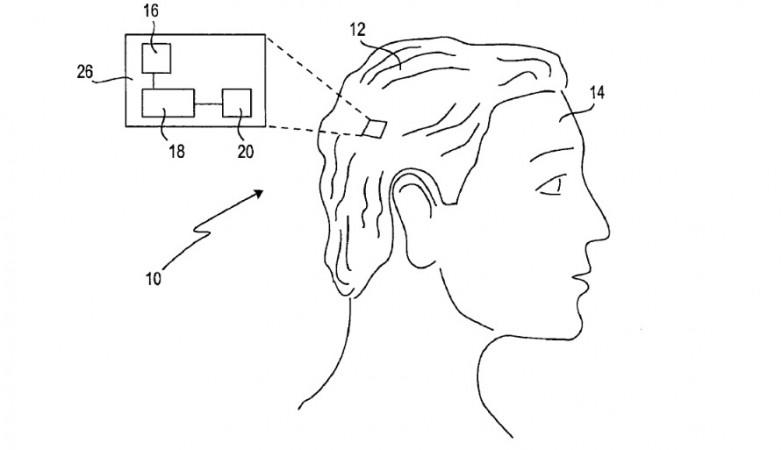
(Source: USPTO via Decluttr)








![CMF Phone 2 Pro launched in India; starts at Rs 17,999 [details]](https://data1.ibtimes.co.in/en/full/815289/cmf-phone-2-pro-launched-india-starts-rs-17999-details.jpg?w=220&h=135)